Have you ever wondered how you think? Metacognition helps you analyze your thoughts, improving decision-making. Let’s learn more about it!
Navigating above our ordinary thinking by using our rational thinking.
Key points
- Metacognition is our thinking about our thinking.
- It can help us make better decisions and navigate more easily through life.
- Metacognition is the conscious process of being self-aware of the way in which we are thinking.

We make decisions on a daily basis concerning many different life issues, like what to wear, where to live, what to cook, where to dine, which car to buy or drive, whom to partner with, etc. We can do this spontaneously and automatically, driven by emotions, fears, intuition, and gut instincts, as well as through thorough rational analysis.
If we conduct a semantic analysis, the term “metacognition” comes from the root word “meta,” meaning “beyond,” “over,” “above,” or “on top of”—in other words, “something is above something else.”
Read More Here: Reclaim Focus: Overcome the Pitfalls of Shallow Learning
The Nature of Metacognition
Metacognition is the process of being aware of one’s cognitive processes and strategically using this awareness to improve decision-making. To put this into simple words, metacognition is the process of awareness of the way in which we think.
Basically, it is our “thinking about our thinking.”
Metacognition refers to thinking about one’s very own thinking or being mindful of one’s thinking processes. Research studies have shown that metacognition is one of the most effective ways to improve students’ academic performance and to help students achieve their academic potential (Wilson & Conyers, 2013: 110).
Thus, metacognition is the conscious process of being self-aware of the way in which we are thinking; it influences our decision-making by nurturing our ability to become aware of cognitive processes (Shippey and Rutherford, 2020).
This involves rationally cogitizing about our choices and decisions, analyzing their outcomes, benefits, and pitfalls, looking for alternatives and substitute options, their advantages and disadvantages, and identifying and recognizing the emotional side of the prior decision. This will give us the ultimate chance to come up with a more beneficial and advantageous decision.
Metacognition involves four phases describing the processes individuals implement when devising learning strategies. These phases are planning, monitoring, evaluation, and reflection.
Each phase involves specific considerations that learners review concerning their goals. By means of conducting these stages and going through them one by one, we get the utmost ability to come up with stronger decisions that take into account all the variables, processes, implementation action plans, and resultant outcomes.
For example, in the teaching or learning environment, prime examples of metacognitive activities include planning how to approach a learning task, using appropriate skills and strategies to solve a problem, monitoring one’s own comprehension of text, self-assessing and self-correcting in response to the self-assessment, evaluating progress toward the completion of a task, and becoming aware of distracting stimuli.
Flavell (1979) further divides metacognitive knowledge into three categories:
- Person variables: What one recognizes about his or her strengths and weaknesses in learning and processing information.
- Task variables: What one knows or can figure out about the nature of a task and the processing demands required to complete the task—for example, the knowledge that it will take more time to read, comprehend, and remember a technical article than it will a similar-length passage from a novel.
- Strategy variables: The strategies a person has “at the ready” to apply in a flexible way to successfully accomplish a task: for example, knowing how to activate prior knowledge before reading a technical article, using a glossary to look up unfamiliar words, or recognizing that sometimes one has to reread a paragraph several times before it makes sense.
To sum up, with the help of metacognitive skills, educators and learners will have insights into and an overview of the learning types and will resultantly be better apt in adjusting the teaching or learning materials accordingly.
Further, in our decision-making processes, we will be better apt to recognize our strengths and weaknesses, our possibilities and abilities, reassess our formerly made decisions, and will eventually be better apt in accordingly monitoring and adjusting our future decisions and interrelated verbal and non-verbal actions.
Read More Here: Brain Rot Alert! 5 Everyday Habits That Are Messing With Your Mind
Let us be mindful of both ourselves and the surrounding world.
References
Flavell, J. H. (1979). Metacognition and cognitive monitoring: A new area of cognitive-developmental inquiry. American Psychologist, 34, 906–911.
Wilson, Donna & Conyers, Marcus (2013). Five Big Ideas for Effective Teaching: Connecting Mind, Brain, and Education Research to Classroom Practice. New York: Teachers College Press.
Shippey B & G. Rutherford (2020). Situation awareness and decision making: In: Rutherford, ed. Human factors in paramedic practice. Bridgwater: Class Professional Publishing, 101–124.
For more insights, follow https://www.linkedin.com/in/dr-phil-anna-maria-rostomyan-95b16783/
Dr. Anna Rostomyan is a Professor, Researcher, EQ coach, Speaker, Reviewer, Editor, Translator and an international Author of 7 books and over 50 publications worldwide with a readership of over 100 nationalities.
Written by Dr. Anna Rostomyan
Originally appeared on: Psychology Today
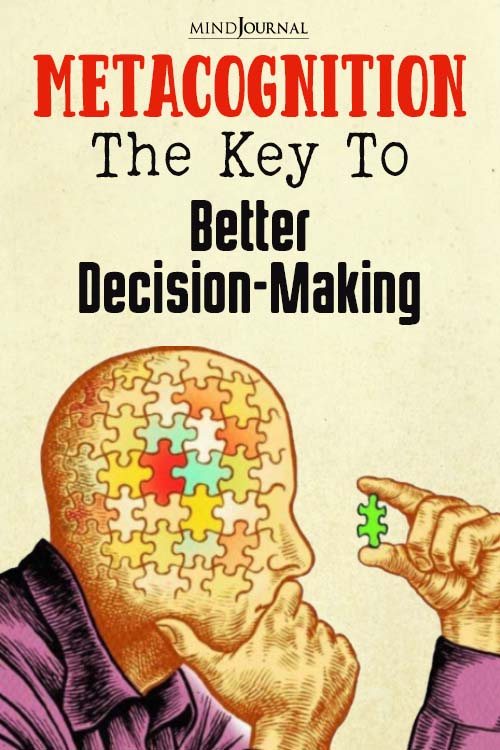

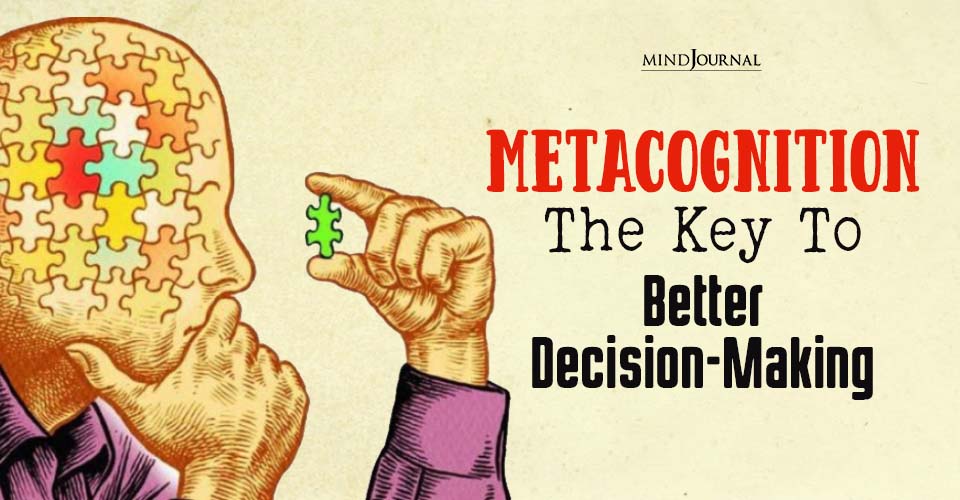



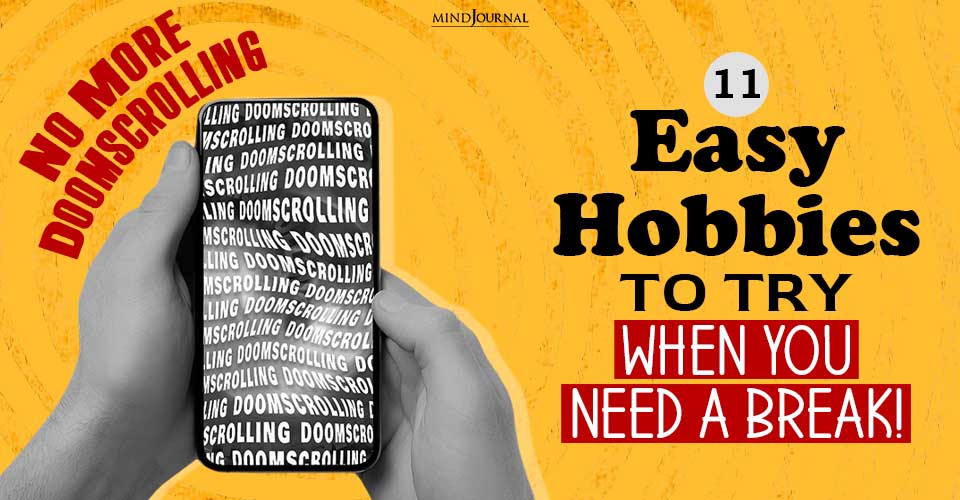
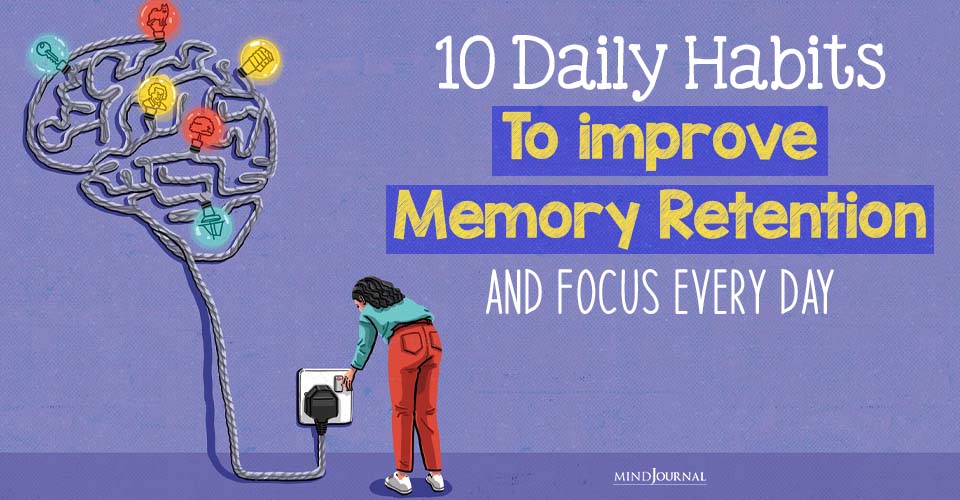
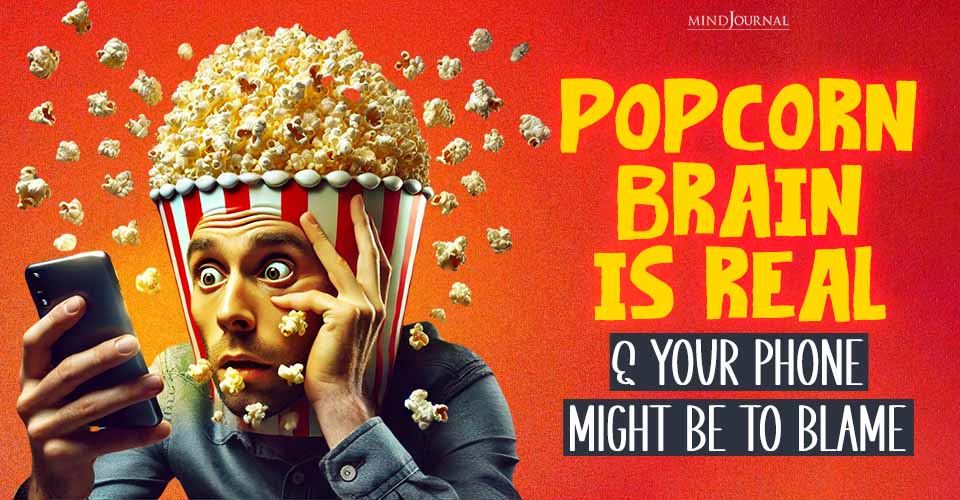
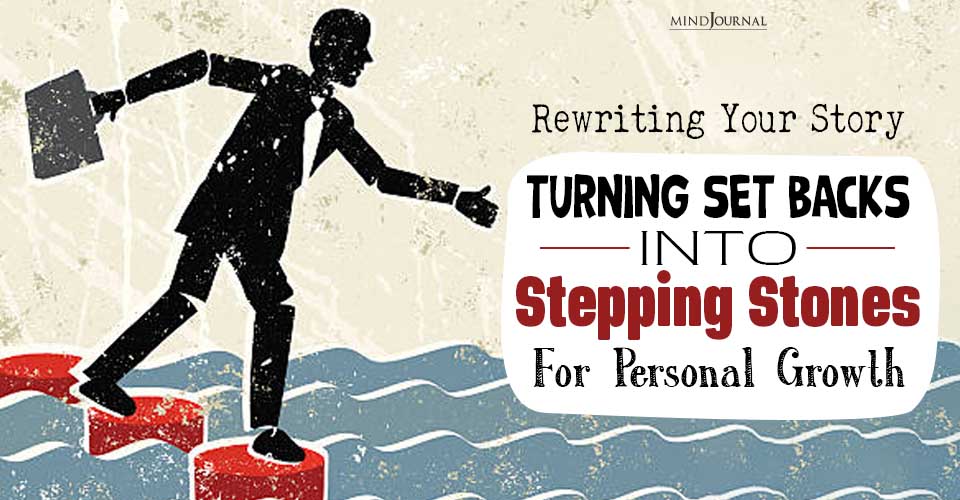
Leave a Reply